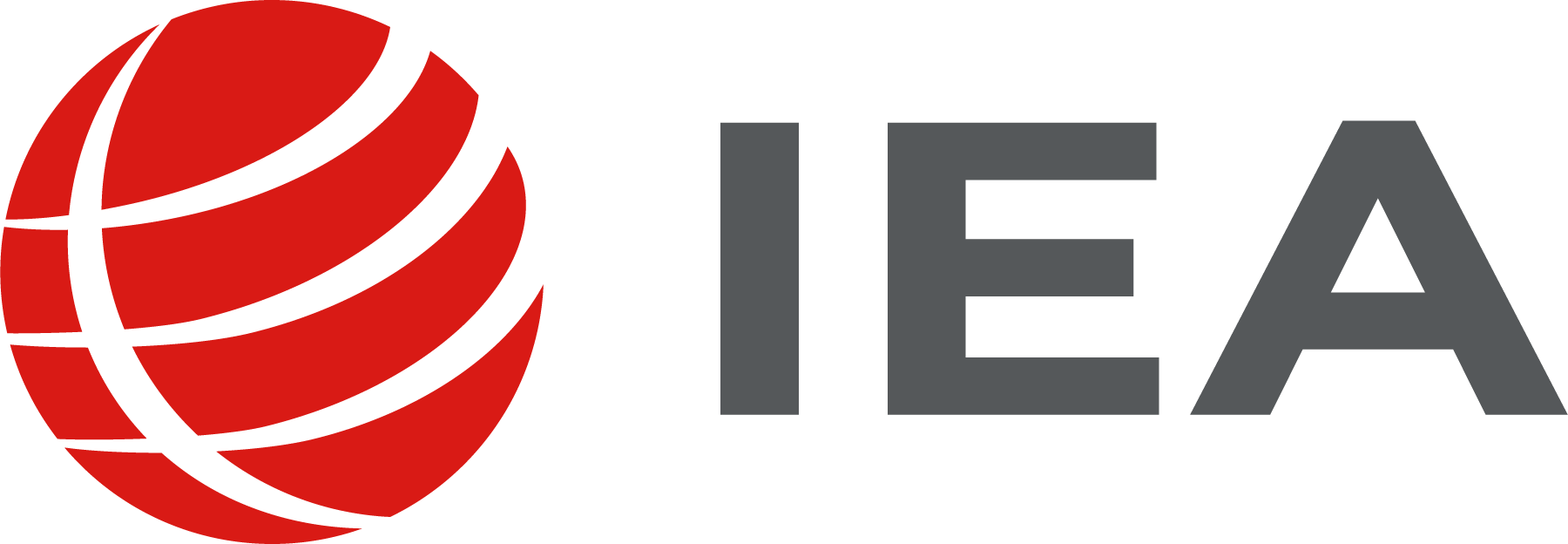The Launch of the ICCS 2022 European Report and Results took place on Thursday, 22 February 2024 at 10:00–12:00 CET.
Hosted in partnership with Istituto Nazionale per la Valutazione del Sistema Educativo di Istruzione e di Formazione (INVALSI) and Università di Roma LUMSA, authors presented results and key findings from the IEA International Civic and Citizenship Education Study 2022 European Report. A panel discussion followed, drawing on examples of how data from ICCS contributes to policy or practice in different countries. View the ICCS 2022 European Report here.
IEA thanks all speakers who shared their insights.
The event recording is avaialble on the IEA Youtube page.
Discover ICCS 2022 open-access data and publications.
ICCS 2022 Europe Release Speakers
About the ICCS 2022 European Report
The ICCS 2022 European Report presents the results of the 18 countries and two benchmarking participants that administered the European student questionnaire to eighth-grade students in the third cycle of the IEA ICCS 2022. ICCS investigated how young people are prepared to undertake their roles as citizens. The general purpose of the European student questionnaire is to explore specific European-related civic and citizenship issues derived from the overarching ICCS 2022 assessment framework, supplementing the data from the international survey with a specific European perspective.
The ICCS 2022 European student questionnaire included 12 questions aiming at examining students’ interest and their opinions regarding European-related civic and citizenship issues such as students’ sense of European identity; students’ opportunities for learning about Europe provided by schools; students’ attitudes toward free movement of European citizens within Europe and toward cooperation among European countries. It also encompasses questions on students’ perceptions of discrimination in their country, of the future of Europe, of their life in the future, students’ sustainable behaviors and those related to political and ethical consumerism, and students’ attitudes toward the European Union.
Gratitude extends to the European Commission’s Directorate-General for Education, Youth, Sport and Culture (EAC) and European Education and Culture Executive Agency for EU funding toward Erasmus+ countries. The grant support from the European Commission for the European component has been vital to the study's international and regional success.
Learn more about ICCS 2022.
Online

